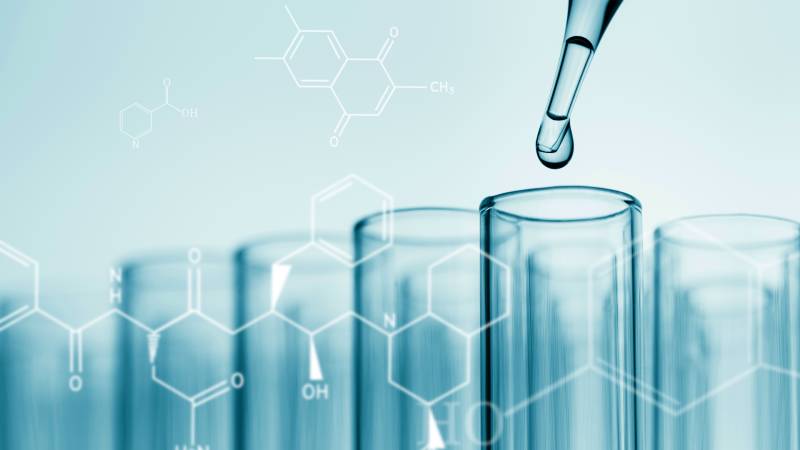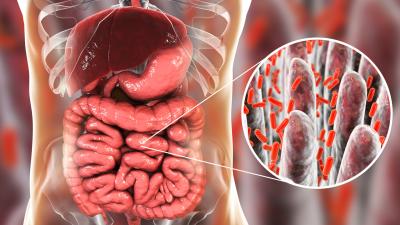Computational Method Allows for Faster Testing of Chemicals
Study in a Sentence: Researchers from Rutgers University have developed a new algorithm that compares the chemical structures from tested compounds with those of untested compounds, which will aid in the prediction of untested chemicals’ toxicity and the development of new in vitro cellular testing methods.
Healthy for Humans: Toxicity testing aims to determine the amount of exposure to a chemical that is unsafe for humans, but because animal tests are slow and difficult to interpret, there are over 100,000 chemicals available on the market that lack toxicity information, presenting a significant public health and environmental safety concern. This new strategy can be used to fill toxicity data gaps for untested chemicals without new animal tests, saving resources in chemical toxicology studies and expediting the hazard assessment of chemicals.
Redefining Research: This study presents a low-cost high-throughput screening method for assessing the toxicity levels of large numbers of chemicals. The tool could potentially replace the oral Lethal Dose 50 test, one of the most common and most painful toxicity tests. The authors think it could also be extended to predict other types of toxicity.
References
Russo DP, Strickland J, Karmaus AL, et al. Nonanimal models for acute toxicity evaluations: Applying data-driven profiling and read-across. Environmental Health Perspectives. 2019;127. https://doi.org/10.1289/EHP3614









